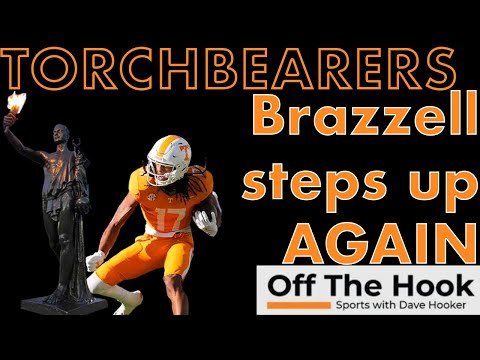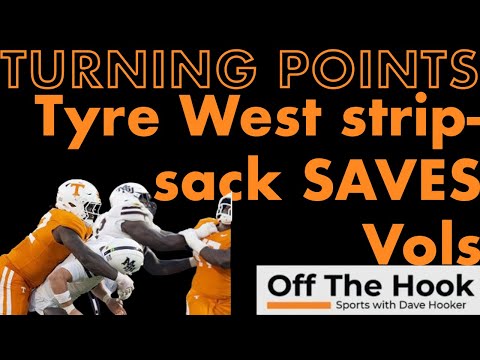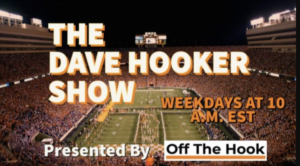Sports are fun, partly because of the unknown. Despite just how outmatched an opponent might be, there could be an upset brewing. Not this time. The NCAA has no chance against the lawsuit it is facing.
Like a Vanderbilt beatdown, the NCAA is going to get hammered in court per various people with knowledge of the situation. Tennessee and Virginia, led mostly by the Volunteer State and the University of Tennessee, are going after the NCAA in a lawsuit and it might well result in the NCAA being dated and just plain useless.
The NCAA’s stance that they can retroactively punish programs for NCAA violations sounds good, but there have actually been no clear-cut rules to follow since the NCAA was so hapless that the courts had to rule NIL as the new standard operating procedure in 2021. I have no problem with the NCAA punishing schools for rules broken years ago, but only if all parties understand the rules and the rules aren’t on the NCAA’s side. Plus, the violations would be too widespread and not enforceable in anyway.
Last I checked, this is the United State of America, where the pursuit of life, liberty and happiness are pretty quintessential. The NCAA can swing its pretentious sword around all it wants, but there’s no chance that the NIL trend is going to reverse. There’s a great chance the NCAA won’t exist before players, even prospects, aren’t allowed to be paid or promised money by individual universities.
The courts have already ruled in the players’ favor so what makes the NCAA think that they can undermine a prospect’s ability to evaluate schools and choose his best course of action, which will be largely based on those NIL payments? Oh well, imagine our court system being based on an economic system that is steeped in a free-market society and reeks of capitalism. Isn’t that what we all want?
Tennessee’s athletic department was at the forefront of several race-related changes in society during its history. Former Vols’ quarterback Condredge Holloway was the first black quarterback in the SEC. I could cite other times the Vols have been ahead of the curve, especially in race. However, no one has ever challenged the overall structure of college football as much as Tennessee and Virginia, who filed lawsuits against the NCAA this week in response to reports that Tennessee could be on the verge of another NCAA investigation.
At the very least, the NCAA is going to lose its power to govern NIL payments. That’s practically a done deal. However, it could get worse for the NCAA. If it loses its case against Tennessee in public fashion, there will be free-for-all in NIL spending with high school prospects, until schools realize that retaining players and playing the transfer portal is a better use of NIL funds. At that point, a super conference is the next major change on the horizon. We’re almost to that point.
There may be 30 to 40 college football programs that can keep up with NIL spending. They’ll soon be in the mega-conference that we’ve all been talking about. To some, that will be a major departure from college football’s past a rather off-putting. However, to most, a mega-conference will provide more quality games throughout the regular season.
There is no need to choose sides. It’s just a matter of time until the NCAA loses. Some have asked why does Tennessee have to lead the charge. First, the NCAA was about to launch another investigation into a program that was called “exemplary” in how they handled the last NCAA investigation. Despite all of the Vols’ reported willingness to work with the NCAA, Tennessee is in the crosshairs again and Chancellor Donde Plowman wasn’t too keen on that, based on her scorching hot email she sent blasting the NCAA earlier this week.
There’s another reason that Tennessee is more apt to fight for NIL than other schools. The Vols need NIL to overcome a rather mundane territory when it comes to in-state talent in high school football. Tennessee needs NIL and it can also raise the funds to succeed in such an endeavor.
There is no chance the Vols will lose in court. In fact, there’s a better chance that the case is dismissed or the NCAA bows out even before the case goes to trial.








